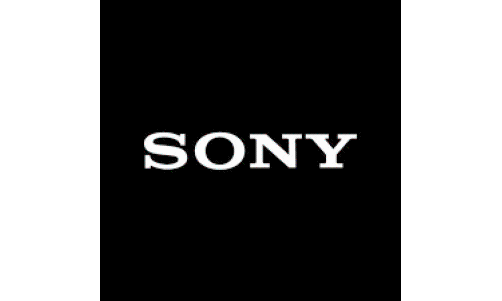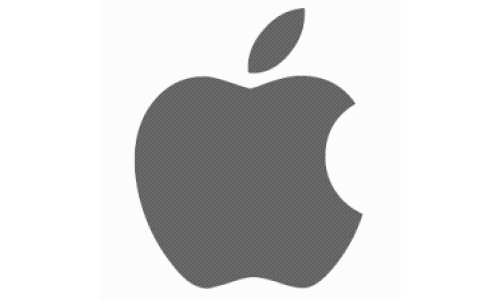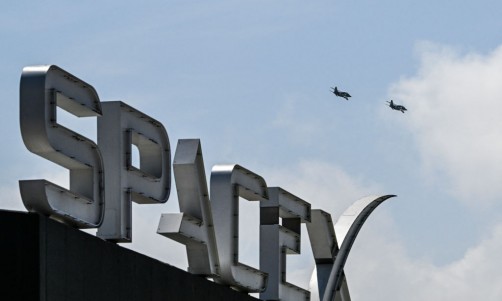A U.S. judge decided on Friday, June 22, to toss out the Apple v. Motorola patent infringement case for good, putting an end to a key case for the iPhone maker in its smartphone patent war. Judge Richard Posner of the U.S. District of Northern Illinois ruled neither Apple nor Motorola Mobility has been able to prove damages, and dismissed the litigation with prejudice, meaning that neither company will be permitted to refile a claim.
"It would be ridiculous to dismiss a suit for failure to prove damages and allow the plaintiff to refile the suit so that he could have a second chance to prove damages," the judge said in his ruling. "This case is therefore dismissed with prejudice; a separate order to that effect is being entered today."
Judge Posner canceled Apple's patent infringement jury trial against Motorola earlier this month, and later granted Apple's request for an injunction hearing. The judge, however, questioned Apple's bid for an injunction against Motorola smartphones, arguing that a ban on sales could have "catastrophic effects" and would be "contrary to the public interest."
Apple has been engaged in a global patent war over its iOS mobile operating system and rival Android OS, Google's popular mobile operating platform. Motorola filed a suit against Apple back in 2010 in what many considered a preemptive strike, but most of the company's claims have been tossed out over the course of the legal proceedings. Motorola was left with only one patent to assert against Apple.
The iPhone maker, in turn, had sought an injunction to block sales of Motorola products using Apple's patented technology. In Friday's ruling, however, Judge Posner wrote that an injunction would be inappropriate considering that Motorola could design around the minor technological features Apple's patents covered. Posner also ruled that Apple had not clearly demonstrated that Motorola products had caused a significant enough loss of consumer goodwill for an injunction.
"To suggest that it has suffered loss of market share, brand recognition, or customer goodwill as a result of Motorola's alleged infringement of the patent claims still in play in this case is wild conjecture," wrote Posner. The judge also ruled that Motorola could not seek an injunction against Apple based on the one patent it was still asserting in the case.
The one claim Motorola had left was based on a patent it had pledged to license on fair and reasonable terms (FRAND) to other companies in exchange for having the covered technology adopted as an industry standard. Motorola's patent covers an aspect of wireless communication. "How could it be permitted to enjoin Apple from using an invention that it contends Apple must use if it wants to make a cell phone," Posner wrote. "You can't just assume that because someone has a patent, he has some deep moral right to exclude everyone else," the judge said during the course of the legal proceedings.














